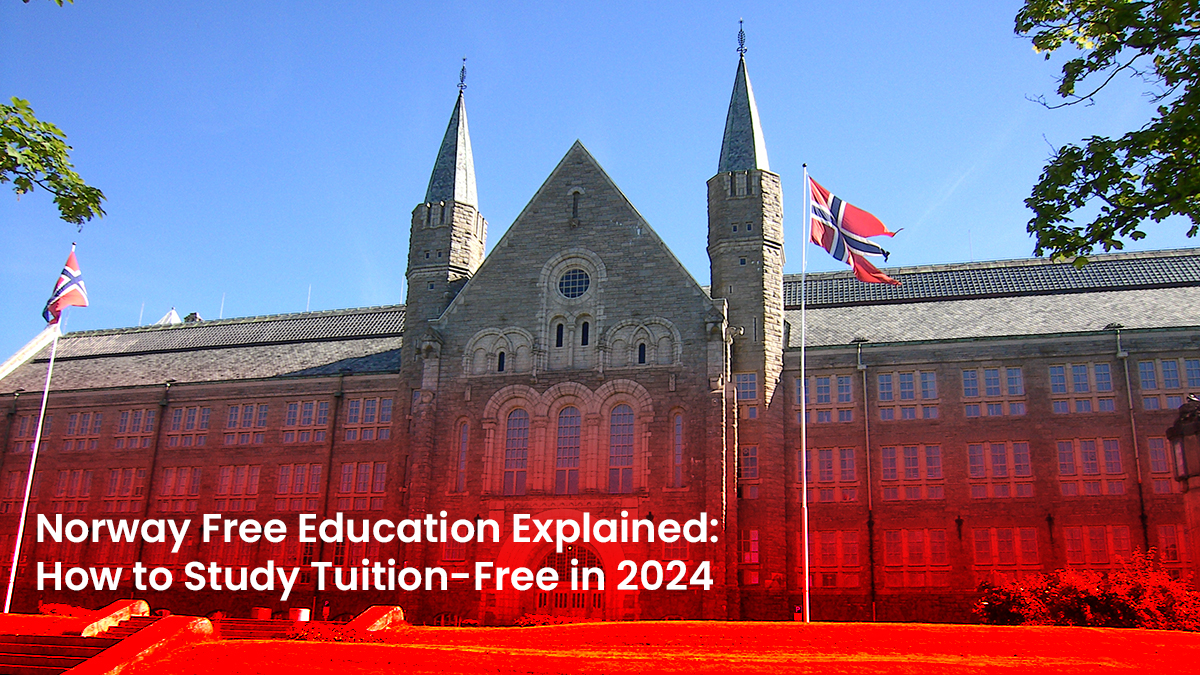In Canada, a postgraduate program offers practical expertise in a specific field. The low cost and condensed program duration of a master’s degree in Canada have made it very popular among international students.
Interested in applying for postgraduate courses in Canada? Check out this article as we give you all the information you will need.
Postgraduate Courses in Canada
The best PG courses in Canada are offered by Canadian colleges and usually last for 1-2 years. This gives students the option to combine two one-year courses and focus on a particular area. Students must meet certain requirements to pass the application, as well as conduct industry projects as a component of their coursework.
After completing your undergraduate studies, you can enroll in postgraduate programs in Canada, which can improve your chances of landing well-paying jobs there. After receiving your postgraduate diploma in Canada, you can expect to earn between 30,000 and 60,000 CAD per year, depending on the industry you are in.
Why Study for a Postgraduate Course in Canada?
The thought of studying in Canada is appealing to a lot of students because of the people, prestigious colleges, and high standard of living. A postgraduate degree would ensure your career in Canada.
Following are some of the main advantages of postgraduate study in Canada:
- Excellent instruction
- Top institutions
- Flexibility
- Work opportunities
- Affordable
- Time-efficient
Top Courses to Study for a Postgraduate Course in Canada
Canada is a study destination that takes pride in its reputable colleges and education system. The following postgraduate courses in Canada include some of the most well-liked among international students:
Computer Science
Data Science, robotics, cloud computing, and business systems are just a few of the many computer science degree specializations offered by Canadian universities. Every degree in computer science includes a broad academic foundation along with numerous practical tasks, projects, research projects, and even internship programs in IT businesses.
Graduates in computer science are highly sought-after in the workforce. With so much full-time employment in Canada, this is a brilliant option for your studies given that global technological advancement shows no signs of slowing down.
Civil Engineering
You can learn how to construct bridges, roads, and structures by studying in a civil engineering program at a Canadian university. You will also gain skills in urban and environmental planning. Your education in this program will prepare you to build a strong infrastructure while taking aesthetic considerations into account.
Finance
Canada boasts one of the industrialized world’s fastest-growing economies. It has a social market economy joining an open and free market with measures of social protection. You will study various financial systems from across the world as a finance student, as well as analyze and evaluate the pros of the Canadian economic system firsthand.
Pharmacy
Canadian universities offer master’s degrees in pharmacy that can be specialized in several areas, including:
- pharmacy education
- biotechnology
- molecular biology
- clinical pharmacy
- drug and vaccine transport
- medicinal and pharmaceutical chemistry
Modern research facilities will be accessible to you, including pharmacology labs, cell culture resources, and specific areas for chemical synthesis. Start the exciting task of inventing new drugs, and then get ready for a rewarding career in the medical industry.
Mechanical Engineering
With a top-notch mechanical engineering degree from a recognized Canadian university, you may acquire skills that help you develop, analyze, build, and repair mechanical systems. You will have access to a wide variety of courses in Canada that will help you become ready for careers as a mechanical engineer, machinery supervisor, project engineer, and other exciting job paths.
Human Resource Management
You can better grasp the complexities of administrative, reporting, collaboration, and resource management in business organizations with a Canadian HR management education. Studying in Canada will expose you to the ideal balance of theory and practical learning.
Suggested Blogs to Read:
Best Universities for Postgraduate Courses in Canada
The table below lists the top 10 universities in Canada in 2023. Using the most recent rankings from Times Higher Education, QS, and the Academic Ranking of World Universities, the following information has been gathered.
University | THE 2023 | QS 2023 | ARWU 2022 |
University of Toronto | 18 | =34 | 22 |
University of British Columbia | 40 | 47 | 44 |
McGill University | 46 | 31 | 73 |
McMaster University | 85 | 152 | 90 |
University of Montreal | 111 | – | 101-150 |
University of Alberta | 118 | 110 | 92 |
University of Ottawa | =137 | =237 | 201-300 |
University of Calgary | 201-250 | 242 | 151-200 |
University of Waterloo | 201-250 | 154 | 151-200 |
Western Univeristy | 201-250 | =172 | 201-300 |
Cost of Postgraduate Study in Canada
The cost of postgraduate courses in Canada includes two key components: tuition fees and cost of living.
Tuition fee
The tuition fees for postgraduate degrees in Canada range from 16,000 to 25,480 CAD annually. The tuition cost is determined by the college and program you take.
Cost of living
Students in Canada typically need to budget between CAD 800 and CAD 1,000 per month for living expenses. Included in this are housing, meals, groceries, and transportation.
More than the excellent education, being able to study abroad in Canada also allows you to learn more about yourself. Prepare for this once-in-a-lifetime adventure with MSM Unify. Let us help guide you in making the right decision for your future.












